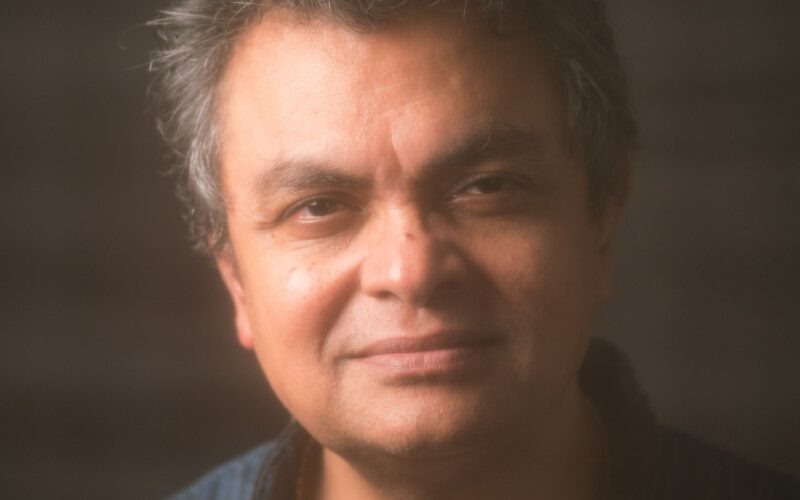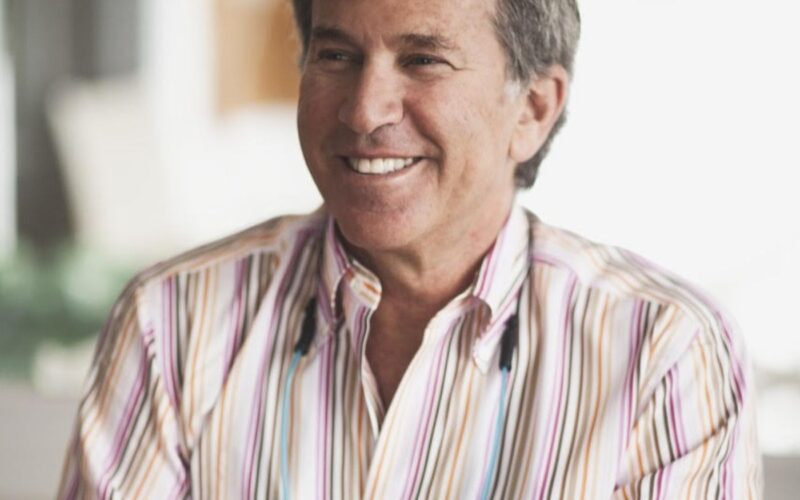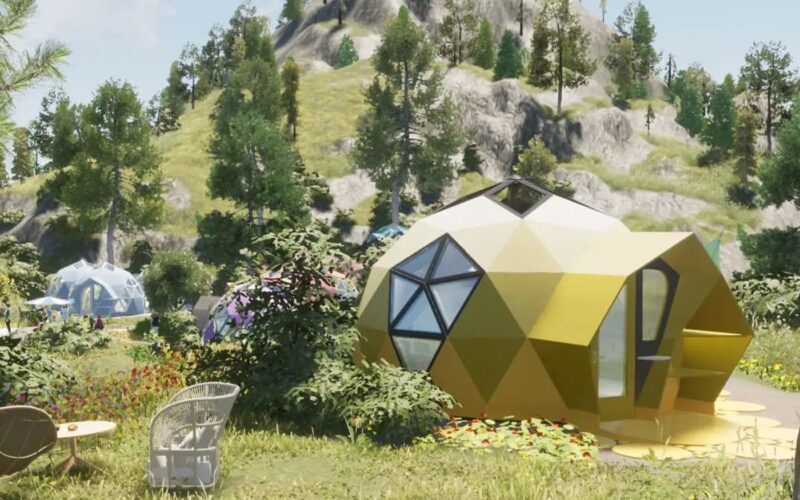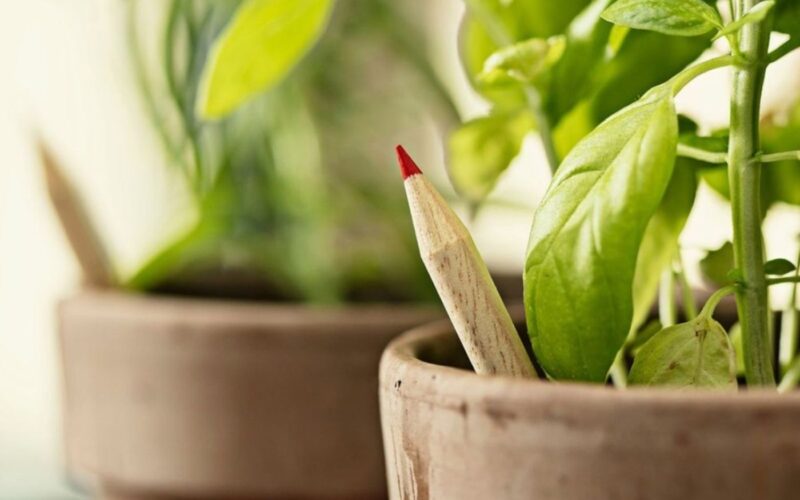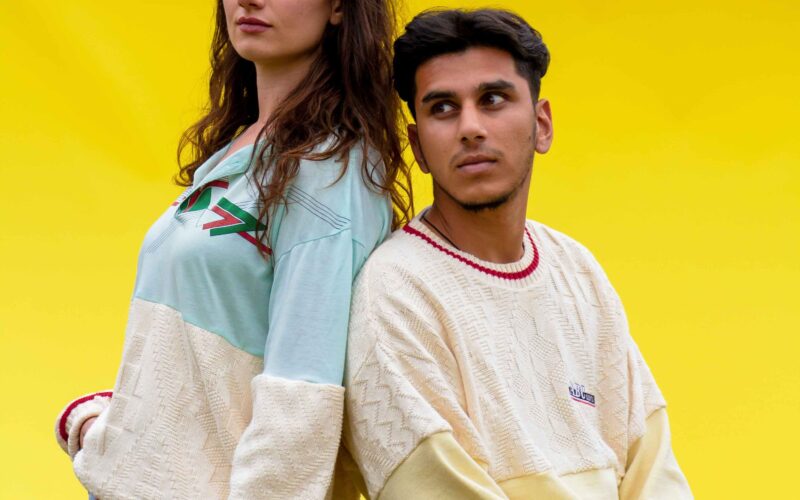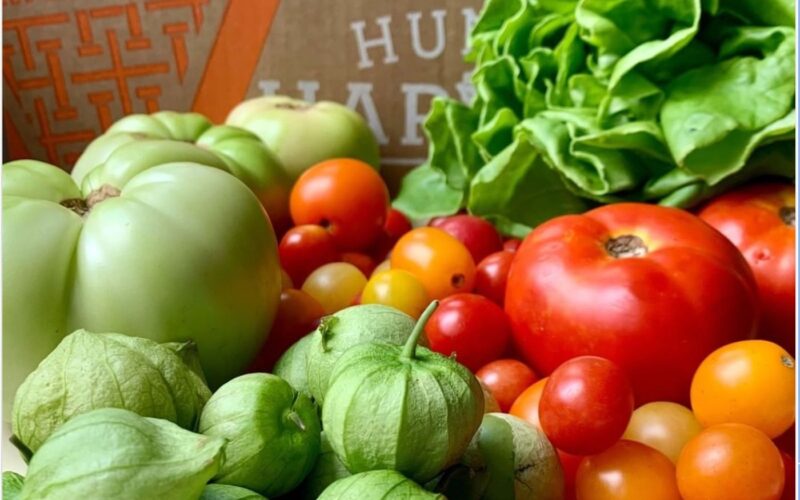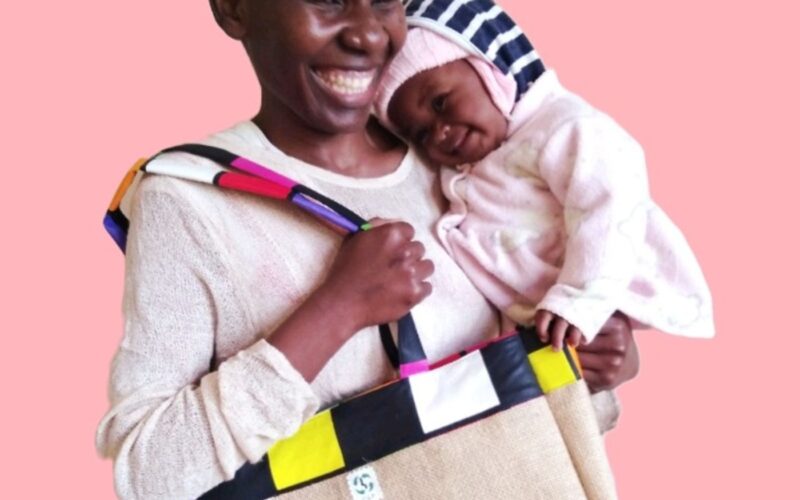69: Avery Dennison – Retail Branding and Information System
We talk to Tyler Chaffo – global sustainability manager, Avery -Dennison. Avery Dennison doesn’t just talk sustainability. Their commitment to people and the planet fuels social compliance internally and is the foundation of a broad offering of responsible, ingenious solutions.
From labels made from recycled yarn to supporting emerging designers who use a diverse portfolio of sustainable branding elements, we help apparel and footwear brands meet consumer demand for ethical, green products. With high sustainability standards that exceed the industry norm, they are also committed to leveraging our reputation among retailers, manufacturers, and brands to accelerate performance intelligently while delivering positive economic, social, and environmental impact. With their RFID chips implanted in most everyday items, businesses can not only track and reduce on-hand inventory but also reduce waste. Listen and learn more in this episode.
Read More


